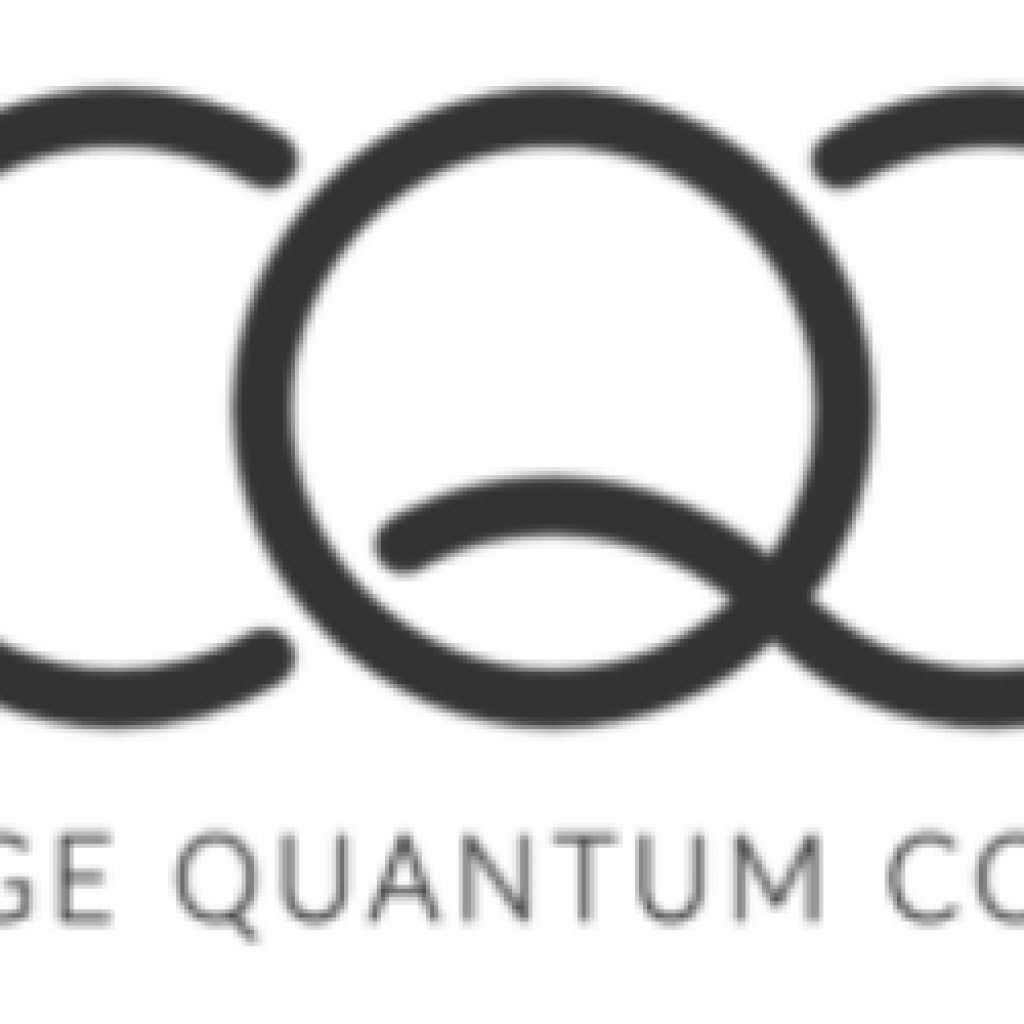(HPCWire) In a development that may play a role in setting a new industry standard, scientists at Cambridge Quantum (CQ) have developed a new algorithm for solving combinatorial optimisation problems that are widespread in business and industry, such as travelling salesman, vehicle routing or job shop scheduling, using near-term quantum computers.
Mathematical conundrums like these lie at the heart of a vast range of real-world optimisation challenges such as designing manufacturing processes, filling delivery trucks or routing passenger jets. As the level of automation in modern global businesses increases year over year, optimisation algorithms running on even the most powerful classical computers are forced to trade accuracy for speed.
In this paper published on the pre-print repository arXiv, CQ scientists introduce the Filtering Variational Quantum Eigensolver (F-VQE) to make combinatorial optimisation more efficient. Using the Honeywell System Model H1 quantum computer, the new approach outperformed existing “gold standard” algorithms such as the Quantum Approximate Optimisation Algorithm (QAOA) and the original VQE, reaching a good solution 10 to 100 times faster.
The paper has been authored by CQ’s research team comprising Michael Lubasch, Ph.D., David Amaro, Ph.D., Carlo Modica, Ph.D., Matthias Rosenkranz, Ph.D., and Marcello Benedetti, Ph.D.. The scientists are part of CQ’s Machine Learning and Quantum Algorithms team headed by Dr. Mattia Fiorentini.
Ilyas Khan, CEO of CQ, said, “Our team of scientists is relentlessly focused on closing the gap between the real-world limits of classical computation and the quantum advantage that will be available in the NISQ era. They are establishing new standards in quantum computing and their research will inspire rapid further progress.”
Tony Uttley, President of Honeywell Quantum Solutions, said, “This project illustrates the exciting advances occurring in quantum computing. By developing algorithms that do more with fewer qubits and running them on the best hardware possible, we are making significant progress toward solving real-world problems sooner than expected.
Cambridge Quantum Algorithm Solves Optimisation Problems Significantly Faster, Outperforming Existing Methods
